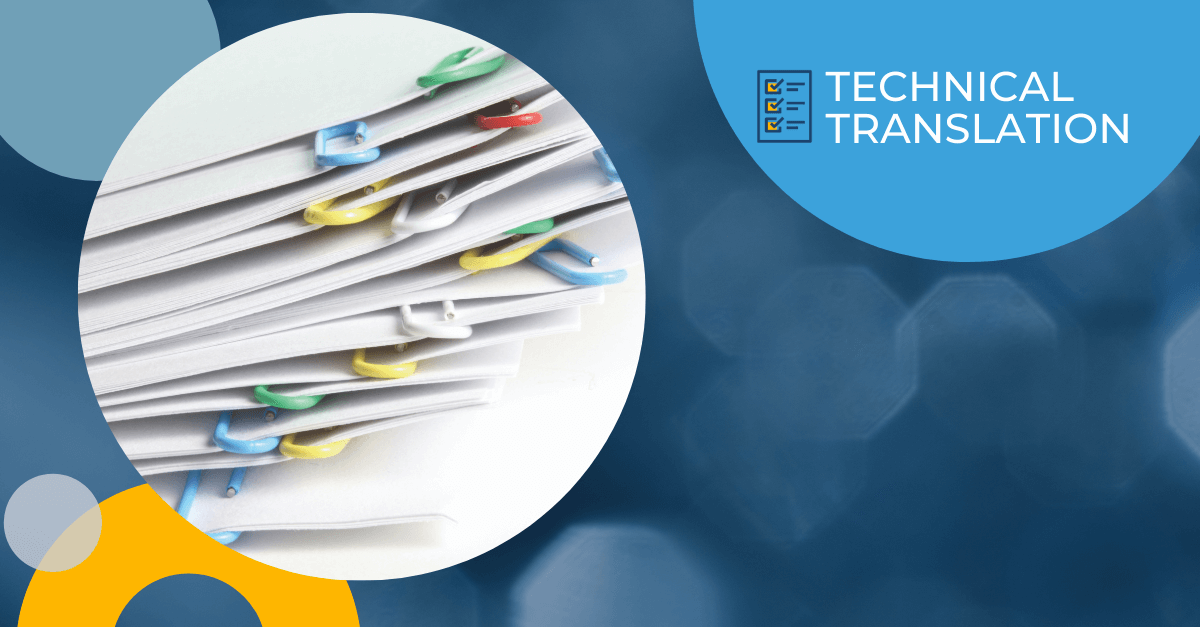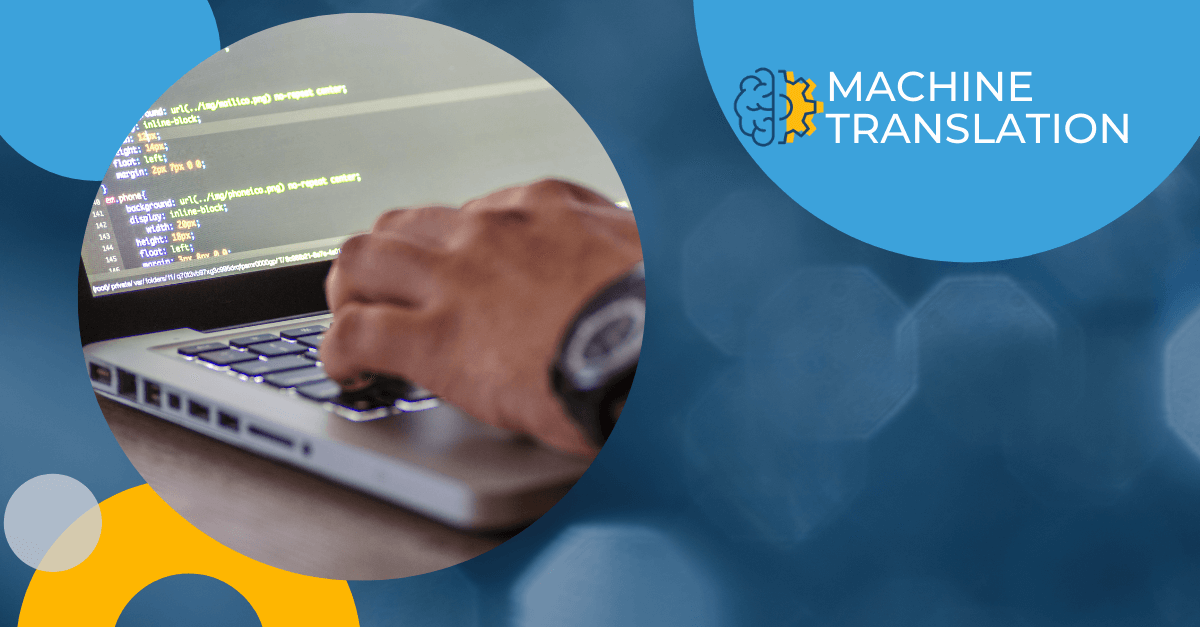Tag: legal translation
Reviewing a Translation

When choosing a translation service, it is important to find out which translation company can provide you with the quality legal translation or technical translation you require in order to ensure top quality.
Morningside is a translation service which delivers top quality translations since we are a translation company that insists on reviewing each and every single legal translation or technical translation that is delivered to our clients.
Reviewing a technical translation or a legal translation requires not only a cursory review of the completed language translation, but also requires further layers of review. As a translation company, we strive to ensure the review of the technical translation, legal translation, or patent translation that our client receives includes layers of review.
These layers of review include but are not limited to, review of language, review of specific terminology to ensure consistency, review of dialect, and review of spelling. While there are other areas of review which we take care of, at the end of the day all of these measures are what makes Morningside your choice for a translation service or translation company.
Whether your needs include a document translation, legal translation, technical translation, patent translation, or document review, Morningside can assist you and provide you with a top quality translation and we ensure that the following time you are seeking a translation service or translation company, you will look to Morningside for their translation and review expertise.
Get the latest insights delivered to your inbox
Machine Translations

Machine translations are also often referred to as automatic translations or non-human translations, which are produced by a translation service. A Machine translation can loosely be defined as a translation conducted by a computer, as opposed to a human translation, which is conducted by a translator. A machine translation will produce a document translation that is very different from a human translation produced by a translation service.
Often times, we hear the term machine translation used in the legal translation industry in reference to document translation. We are called upon to discuss the validity of a machine translation and to compare it to the translation service that a human may provide. Machines, or computers being referred to as machines, cannot possibly absorb all of the nuances and specialty knowledge base that is required for most legal translation matters.
To be sure, machines have revolutionized the world in a way that would not have been possible with humans alone. It is impossible to argue with the assertion that a machine can assemble car parts or portions of cereal more quickly and effectively than a human can. However, mechanical operations are precisely that and nothing more. Adding a precise and measured portion of cereal into a bag is all about measurements, a scientific measurement.
Translation, on the other hand, has very little to do with scientific measurement. Legal translation revolves around language and the attention to meaning and intention perceived in such language. A machine cannot possibly pick up on the difference between “like” and “as” and “such as”, for example. Ultimately, the use of machine translations to make a legal case is too risky an endeavor when considering the document translation at hand requires extreme care. As many legal cases rely on the meaning and understanding of one single word or phrase, a human translation is required to ensure that the sensitivity to that word or phrase is picked up on and adhered to.

